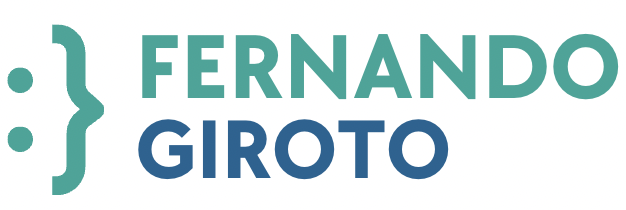Why Reading Helps Learn Programming

Learning programming is a dynamic and rewarding journey that requires a combination of hands-on practice, problem-solving skills, and a deep understanding of coding principles. While practical experience is undoubtedly crucial, the role of reading in the learning process should not be underestimated. In this article, we will explore why reading plays a significant role in enhancing one’s ability to learn programming.
- Comprehensive Understanding of Concepts: Reading provides access to a wealth of information presented in a structured manner. Books, articles, and documentation offer in-depth explanations of programming concepts, algorithms, and best practices. By delving into well-written resources, learners can gain a comprehensive understanding of the fundamental principles that form the backbone of programming languages.
- Exposure to Diverse Perspectives: The programming world is vast, and different authors and experts often bring unique perspectives to the table. Reading exposes learners to diverse programming styles, approaches, and methodologies. This exposure allows individuals to broaden their horizons and adopt a flexible mindset, which is essential for tackling a variety of programming challenges.
- Building a Strong Foundation: Reading helps learners build a solid foundation by covering the basics in a systematic way. Whether it’s understanding the syntax of a programming language, grasping data structures, or unraveling the complexities of algorithms, books and tutorials provide a structured learning path that ensures a strong foundation upon which practical skills can be developed.
- Problem-Solving Skills: Programming is, at its core, about solving problems. Reading about different problem-solving techniques, case studies, and real-world applications enhances a programmer’s ability to approach challenges strategically. Exposure to various problem-solving scenarios in literature equips learners with the tools to analyze, dissect, and solve coding problems effectively.
- Staying Updated with Evolving Technologies: The tech industry evolves rapidly, with new programming languages, frameworks, and tools emerging regularly. Reading keeps programmers informed about the latest developments and industry trends. Staying updated through books, blogs, and articles ensures that learners are equipped with the knowledge required to adapt to changing technologies.
- Enhancing Communication Skills: Programming is not just about writing code; it also involves effective communication with colleagues, clients, and other stakeholders. Reading technical documentation, blog posts, and participating in online forums improves a programmer’s ability to communicate complex ideas clearly and concisely.
- Cultivating a Learning Mindset: Reading fosters a continuous learning mindset. In the ever-evolving field of programming, being open to new ideas and technologies is crucial. Books and other reading materials encourage a habit of lifelong learning, which is essential for staying relevant and thriving in the dynamic world of programming.
In the realm of programming, reading is a powerful tool that complements hands-on experience. The cognitive benefits of reading, such as comprehensive understanding, exposure to diverse perspectives, and building a strong foundation, contribute significantly to an individual’s ability to learn and master programming. By embracing a balanced approach that combines practical coding with regular reading, aspiring programmers can enhance their skills, solve complex problems, and stay agile in the face of technological advancements.


